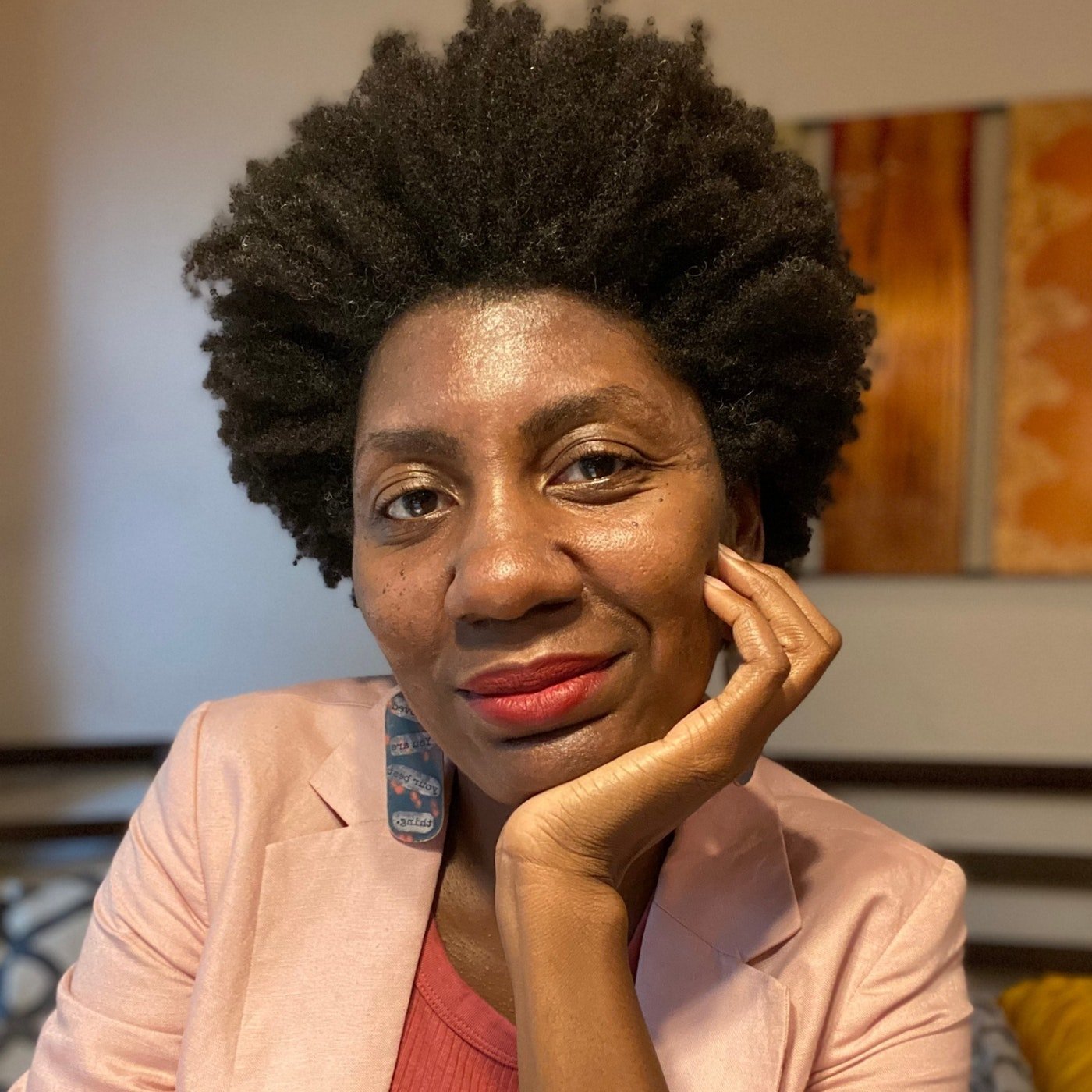A WORD! - Celebrating Our Rhetorical Excellence (And Then Some!)
By Dr. Sarah L. Webb
What’s excellent? And who said so??
As a former high school teacher and university professor, I immediately think of my former field: English Studies, Writing, and Literature. In this context, the way a white, upper middle class, midwestern man talks (and writes) is considered “excellent.” And even many Black folks are still taught and still subscribe to that version of language as most “educated,” most “professional,” and most “correct.”
At the same time, the talk of working class, transgender, Black women from the deep south, for example, is thought to be the opposite, anything but excellent. The prejudice against that type of talk is widespread despite the fact that this group actually has a far greater capacity for creative, nuanced, and responsive expression than white folks could ever hope to have.
And this is just one of my favorite parts of our legacy as Black people: Our ability to turn any of the colonizers’ languages into clay and shape and shift it to suit our needs and desires.
We be innovating! We stay flipping the script!!
As fabulous as our linguistic swagger is, though, it wasn’t always just a matter of style. We could say that even today it’s much deeper than that.
Part of that linguistic legacy is tied to colonial violence that made it necessary for our ancestors to develop their own codes to communicate with each other in front of white folks without white folks knowing what we were talking about. Our own creative codes allowed us to survive. We could insult white folks and they didn’t have a clue—one of the many forms of subversion we used to help us get by. But we also used our own codes to warn each other of danger, alert each other to more favorable opportunities, to coordinate and organize and educate in plain sight.
And our subgroups have created codes within codes. Black women talk to each other a lil different than they talk to Black men, and vice versa. Black youth evolve their own dialects that set them apart from older generations that precede them. All of us not only expressing and carving out unique identities within Blackness, but also seeking to survive and navigate our worlds with as little damage and as much joy as possible.
In the talk of “Black excellence,” I’ve seen how often we measure our “excellence” according to the standards of white culture, even though white cultural modes of being, doing, and thinking are quite often mediocre at best, and often outright dull, more than they are “excellent.”
Over the past decade, I’ve built a platform to help us heal from colorism—a form of internalized white supremacist delusion and anti-Blackness that has plagued the Black community for centuries. And as a writer and a word nerd, I see the parallels and connections in how we judge our darker skin tones and our natural hair textures with the way we judge our verbal ingenuity and creativity. We judge ourselves according to the standards force fed to us in the white supremacist scheme.
This is also the reason so many Black people have dismissed the relevance of “excellence” altogether. They ask: When do we get to be mediocre? When do we get clout and status for doing the bare minimum?
But I don’t think “excellence” is the problem. I think the problem is how often we don’t recognize all the ways we are always already excellent. Brilliant. Beautiful. Sure as you’re born, Black excellence ain’t something we achieve. It’s just who we be.
Dr. Sarah L. Webb is an international speaker, consultant, and coach. She launched the global initiative Colorism Healing in 2013 to raise awareness and foster individual and collective healing through creative and critical work.
Dr. Webb's myriad efforts to address colorism include designing college courses, hosting an international writing contest, publishing books, teaching workshops, and mentoring students across the world from Sacramento, California to Sydney, Australia. Dr. Webb has written and contributed to several academic and non-academic articles, presented at numerous conferences, and been featured on regional NPR stations, Fox Soul TV, the Illinois Times, and the TEDx stage. One of Dr. Webb’s favorite pastimes is providing edutainment on social media.
Connect with Dr. Webb on social media here:
IG: @colorismhealing
TikTok: @colorismhealing
Twitter: @drslwebb
LinkedIn: https://www.linkedin.com/in/colorism


